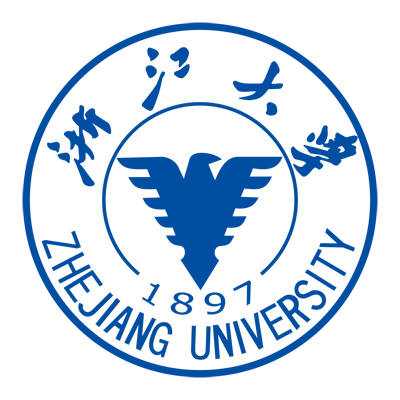Creating a global university to meet strategic goals

Sponsored by

Sponsored by

China’s Zhejiang University has prioritised strategic global initiatives for several years, fostering international engagement among students and academics
Higher education institutions cannot take a purely internal view of their achievements. They play a key role in cross-border innovation, drawing students and faculty members from across the globe. In recognising this, international engagement has long been central to Zhejiang University’s (ZJU) strategy, which aims to create a genuinely global institution that remains rooted in China’s educational ecosystem.
In 2017, ZJU began to refine its strategic global priorities. After a series of surveys and interviews with faculty, students, executives and alumni, ZJU published “Global ZJU: CREATE to impact”, a new global strategy underpinned by the six pillars of culture, research, education, administration, talent and engagement. “ZJU has continued to forge links with global partners,” says Li Min, director of ZJU’s office of global engagement. “In the past five years, we’ve established a close and diversified network that has helped foster education and research collaboration across the globe.”
Recently, ZJU released its refreshed global strategy, seeking to maximise the university’s impact on the world stage. The strategy, Global ZJU 2.0, is expected to serve as a compass and blueprint for ZJU to navigate a world that is more complex and interdependent than ever before. “We will continue to deliver gold-standard education to nurture globally competent students and become a more influential hub for international education,” says He Lianzhen, vice-president of ZJU and one of the founders of Global ZJU 2.0. “We will strive to recruit and retain the most talented faculty from around the world, enabling them to thrive in their careers. We will also seek to shape the agenda on global issues by advancing a broad range of meaningful, multi-layered global networks.”
In March 2021, 61 university presidents from 31 countries and regions signed the Joint Statement of Global University Leaders on the 2030 Agenda for Sustainable Development, pledging to work together to realise the UN’s Sustainable Development Goals. ZJU hosted an online forum, titled “The Role of Universities in the 2030 Agenda”, where the initiative was announced. The forum was just one aspect of ZJU’s sustainability action plan. The “Global ZJU for Social Good” initiative, designed to improve sustainability-related education, research and practices within the ZJU community aims to reach stakeholders in China and beyond.
“I’m both a witness and participant in ZJU’s ever-expanding global engagement,” says Wu Dan from ZJU’s college of biomedical engineering and instrument science. “I’m but one of many young scholars at ZJU who are motivated to be engaged in international collaboration to address problems shared by the global community.”
To facilitate international collaboration, ZJU organises an annual series of seminars and forums, including the Sino-German Sustainable Development Forum and the Asia-Pacific Carbon Neutrality Symposium. These events bring together global experts from academia, government and the private sector, highlighting a multi-stakeholder approach to regional and global development challenges.
“ZJU’s global partnership network has brought abundant opportunities to its students, helping them become future leaders and citizens with a global vision and social responsibility,” Min says. “Currently, over 600 international education programmes, including nearly 80 joint and dual-degree programmes, are on offer at the university.”
A university campus is a microcosm of the world. This is certainly the case at ZJU, where the international campus is the first in China to have joined the EcoCampus certification system. Many pressing challenges face the world today – with sustainability often top of the list. By collaborating internationally, ZJU, its students and faculty aim to play a leading role in creating solutions.
Find out more about Zhejiang University.